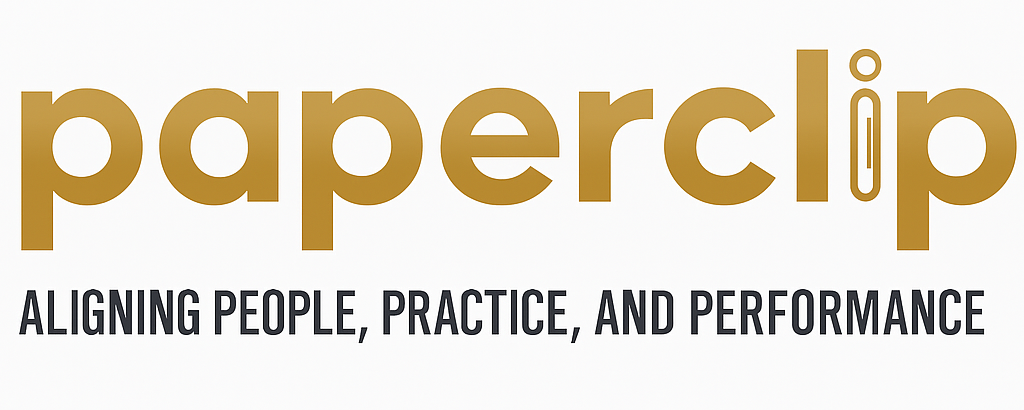HR Analytics: Empowering Decision-Making with Data
In today’s digital age, data is more accessible and abundant than ever before. This wealth of information presents a powerful opportunity for HR departments to leverage analytics for better decision-making. By collecting and analyzing data about employees, HR analytics—also known as people analytics or talent analytics—can provide valuable insights to drive strategic decisions and enhance organizational performance. Here’s how:
Predictive Analytics for Hiring and Retention
HR analytics can improve recruitment strategies by identifying the characteristics of top-performing employees and then targeting those traits in future candidates. This data-driven approach increases the likelihood of selecting high-quality talent that will thrive in the organization. In a similar vein, HR analytics can help predict which employees are at risk of leaving the company. By identifying patterns and trends in workforce attrition, companies can proactively address retention issues, improving overall workforce stability.
Performance Management
Data can offer a more objective view of employee performance, reducing bias in evaluations. HR analytics can track a wide range of metrics—from productivity rates to project completion times—and provide a comprehensive picture of an employee’s performance. This allows managers to make fairer, more informed decisions about promotions, pay increases, or training needs.
Training and Development
HR analytics can identify skills gaps in your workforce, guiding the creation of training programs. It can also evaluate the effectiveness of these programs, ensuring your investment in employee development provides a good return.
Workforce Planning
Analytics can inform workforce planning by predicting future labor needs based on trends in turnover, retirement, and business growth. HR can better plan for recruitment or training efforts, ensuring the organization has the right people with the right skills at the right time.
Enhancing Employee Engagement
HR analytics can shed light on the factors influencing employee engagement. By identifying trends and patterns, companies can design initiatives to boost engagement, leading to improved employee satisfaction, increased productivity, and higher retention rates.
Cost Management
HR often incurs significant costs—from hiring and onboarding expenses to costs associated with turnover or underperformance. HR analytics can highlight areas where resources might be better allocated, contributing to more effective cost management.
Informed Decision-Making
The overarching benefit of HR analytics is more informed decision-making. By basing decisions on solid data rather than instinct or presumption, companies can make more strategic, effective, and justifiable choices.
While the power of HR analytics is clear, it’s important to approach it with care. Data privacy is a significant concern, and companies must ensure they comply with relevant laws and ethical considerations. With proper handling, however, HR analytics can transform an organization’s approach to human resources, replacing guesswork with strategic insights and paving the way for a more efficient, effective, and engaged workforce.
